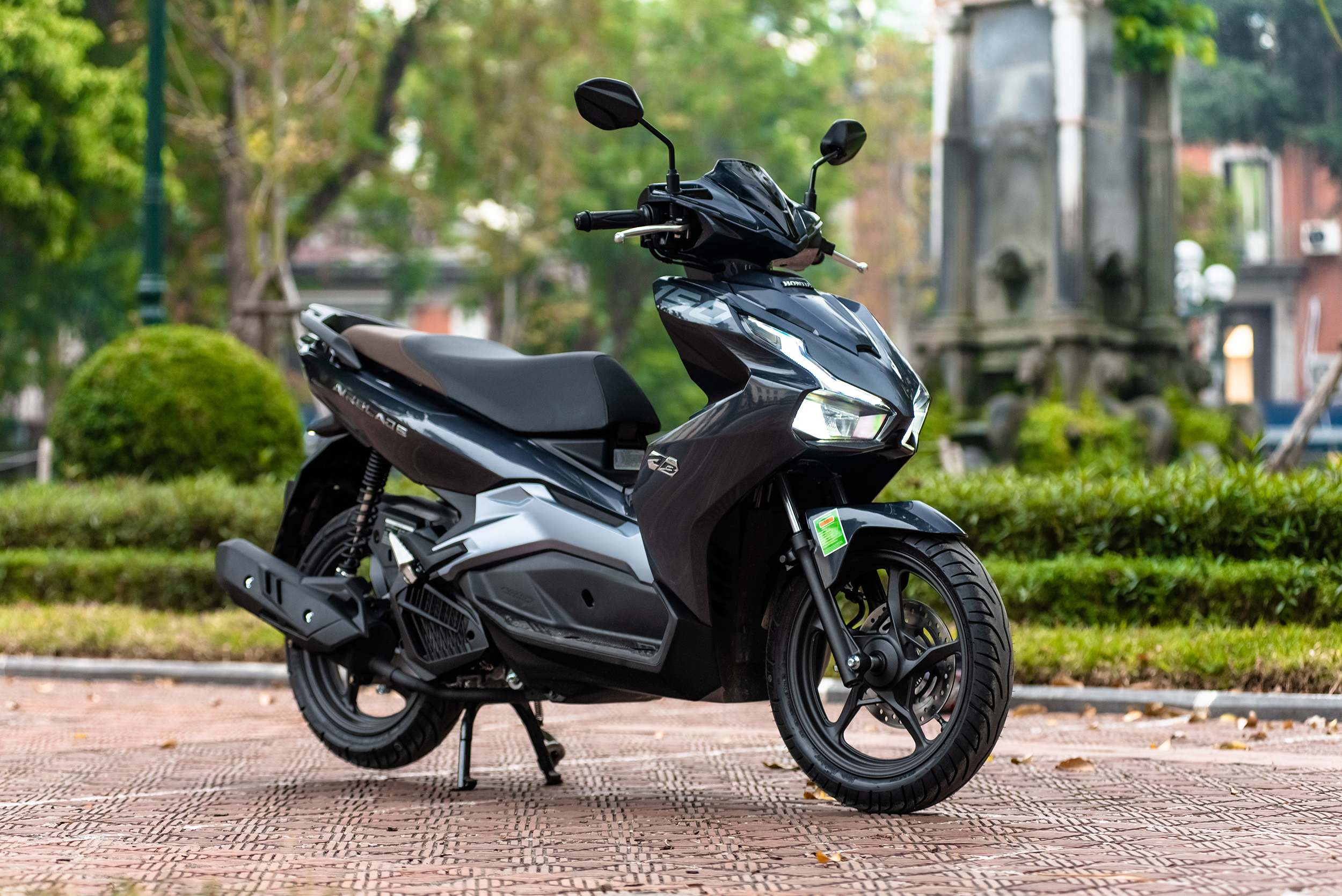What are Remittances? Role and Methods for Transferring Funds to Vietnam
Loans
08/05/2025
Provide a detailed explanation of what remittances are, along with the most useful information. Explore the role of remittances and the most effective methods of transferring remittances to Vietnam.
Remittances have become a crucial income source for Vietnam's economy. Playing a significant role in economic development, poverty reduction, and investment, remittances are increasingly indispensable. So, what exactly are remittances? VPBank will help you understand this concept, its role, and effective methods for transferring remittances to Vietnam.
1. What are Remittances?
Remittances are funds sent by Vietnamese individuals living and working abroad to their families, relatives, or organizations within Vietnam. This is a vital income source for many families, helping to improve living standards by covering daily expenses, education, healthcare, and allowing for investments in domestic economic development projects. Remittances contribute significantly to national economic growth, especially in improving the balance of payments and stabilizing exchange rates.
Explain the concept of remittances?
2. The Role of Remittances
Understanding the definition of remittances is one thing, but knowing their impact is equally important. Remittances enhance the nation's foreign exchange reserves, contributing to the stability and supply of foreign currency. This helps balance the trade and payment accounts, reduces reliance on foreign investment capital, and alleviates pressure on exchange rates, particularly against the USD.
The Important Role of Remittances
Thanks to remittance inflows, many people in Vietnam have improved their income, quality of life, and reduced poverty. Beyond boosting individual consumption, remittances serve as a significant resource for investment, production, business activities, and even the stock market.
Consequently, remittances also help reduce poverty in many rural areas and promote investment in small and medium-sized enterprises. They specifically support community development projects and enhance infrastructure, thereby balancing the national balance of payments, stabilizing exchange rates, and reducing pressure on the nation's foreign exchange reserves.
See more: Latest bank loan interest rates as of [04/2025]
3. Who is Permitted to Receive Remittances?
If you understand what remittances are, their role, and characteristics, you might wonder who is allowed to receive them.
According to Vietnamese law, the following organizations are authorized to receive and disburse remittances to beneficiaries: Credit institutions or their agents licensed to operate foreign currency services, economic organizations permitted to provide foreign currency services, and enterprises offering international financial and postal services.
Remittance recipients have several rights: there's no limit on the amount of remittances they can receive, they are exempt from income tax on received remittances, they can freely sell or deposit foreign currency, and they can transfer remittances to personal accounts or convert foreign currency into Vietnamese Dong.
Recipients of remittances in Vietnam
See more: Red/ Pink Book mortgage loan 2023: Are the requirements and procedures difficult?
4. Methods for Transferring Remittances to Vietnam
Vietnamese individuals living abroad have several options for sending remittances to Vietnam. Currently, many entities are licensed by the State to provide foreign currency transfer services to Vietnam.
4.1 Transfer via Leading International Financial Institutions
Reputable international financial institutions such as Western Union, MoneyGram, and UniTeller, with their extensive global networks, are popular choices for remittance transfers. The process through these organizations is simple and fast, with transaction times typically ranging from 2 to 5 days, depending on the currency.
4.2 Transferring Remittances via Banks
Banks offer a convenient method for both senders and recipients, even if the recipient doesn't have an account with the bank. This method is particularly optimal if the beneficiary needs to exchange foreign currency, sell it, or deposit it into a savings account.
Remittance transfers through banks
The sender simply visits a bank abroad, provides the recipient's information, and completes the transfer procedures. If the recipient does not have an account, the sender must provide the recipient's personal details for the bank to process the remittance.
See more: How to open a bank account online for students under 18 years old
4.3 Individuals Carrying Remittances into Vietnam
Một phương thức khác là những cá nhân mang kiều hối về Việt Nam. Tuy nhiên, khi mang kiều hối vào Việt Nam, người mang phải tuân thủ quy định khai báo với hải quan nếu số tiền vượt quá 5,000 USD.
Đối với khoản tiền thấp hơn 5,000 USD, nếu muốn gửi vào tài khoản ngoại tệ của tổ chức tín dụng thì vẫn phải khai báo hải quan. Ngoài ra, trường hợp người mang có giấy tờ có giá như sổ tiết kiệm, séc du lịch hay thẻ ngân hàng thì không cần khai báo hải quan.
5. Kiều hối VPBank - Nhận nhanh, phí thấp, ưu đãi hấp dẫn
Another method involves individuals physically bringing remittances into Vietnam. However, when carrying remittances into Vietnam, individuals must declare amounts exceeding USD 5,000 (or equivalent in other foreign currencies) to customs. For amounts less than USD 5,000, if you wish to deposit them into a foreign currency account at a credit institution, you still need to declare them to customs.
Receive support and transfer remittances through VPBank
Additionally, if the bearer has valuable papers such as savings books, traveler's checks, or bank cards, customs declaration is not required.
You may be interested in:
- Home loans from VPBank: Competitive interest rates – Fast loan approval
- Unsecured loans – Personal consumption loans for salaried customers
- VPBank debt collection process: Is there any involvement of gangsters in debt collection?
VPBank hopes this clarifies what remittances are and their significant role in Vietnam's economy. Remittances are not just valuable financial resources for Vietnamese families and communities at home but also contribute to overall economic development. For convenient and secure remittance transfers, you can utilize various international transfer channels. For more details and assistance, please visit www.vpbank.com.vn or call our hotline at 1900.54.54.15.




